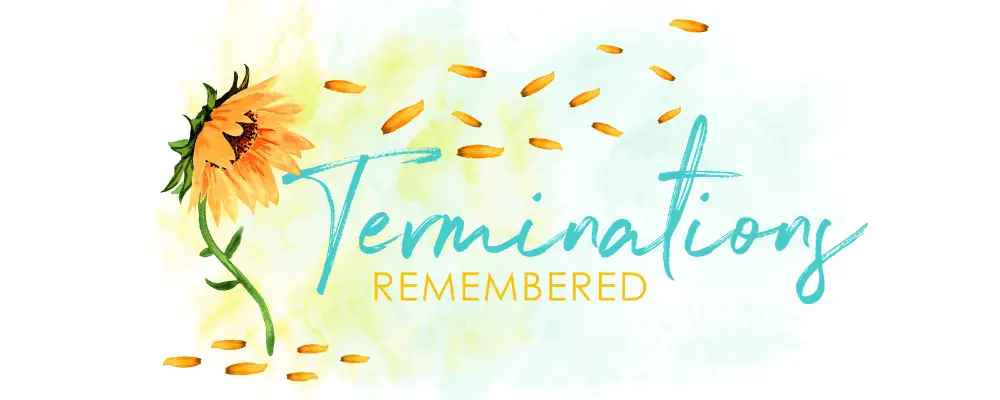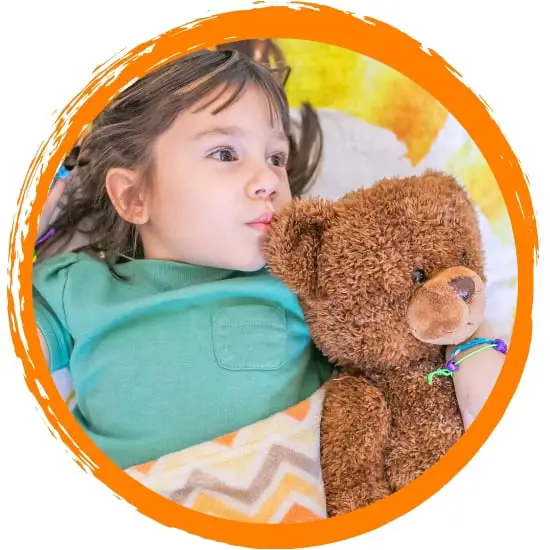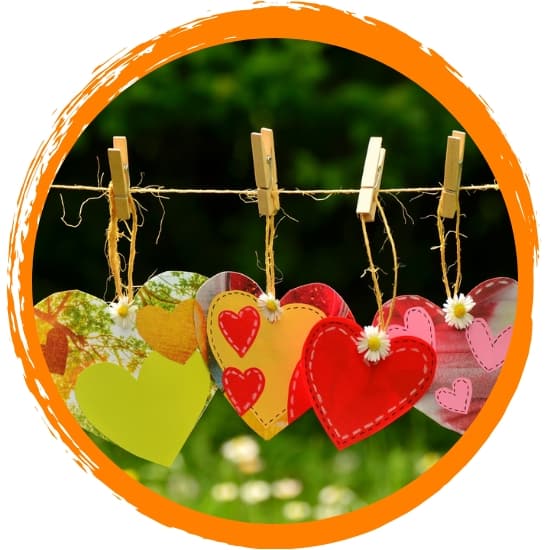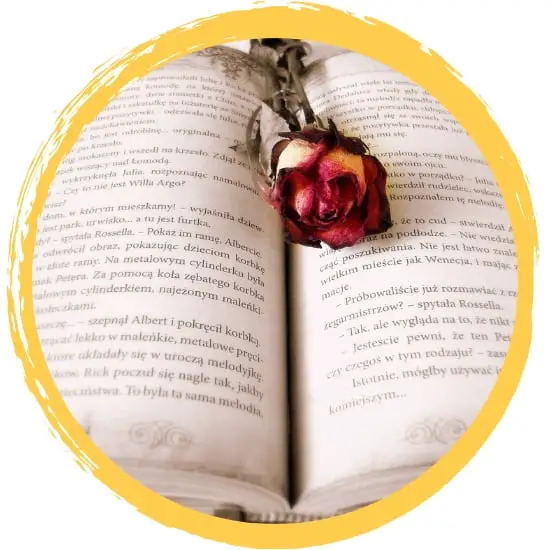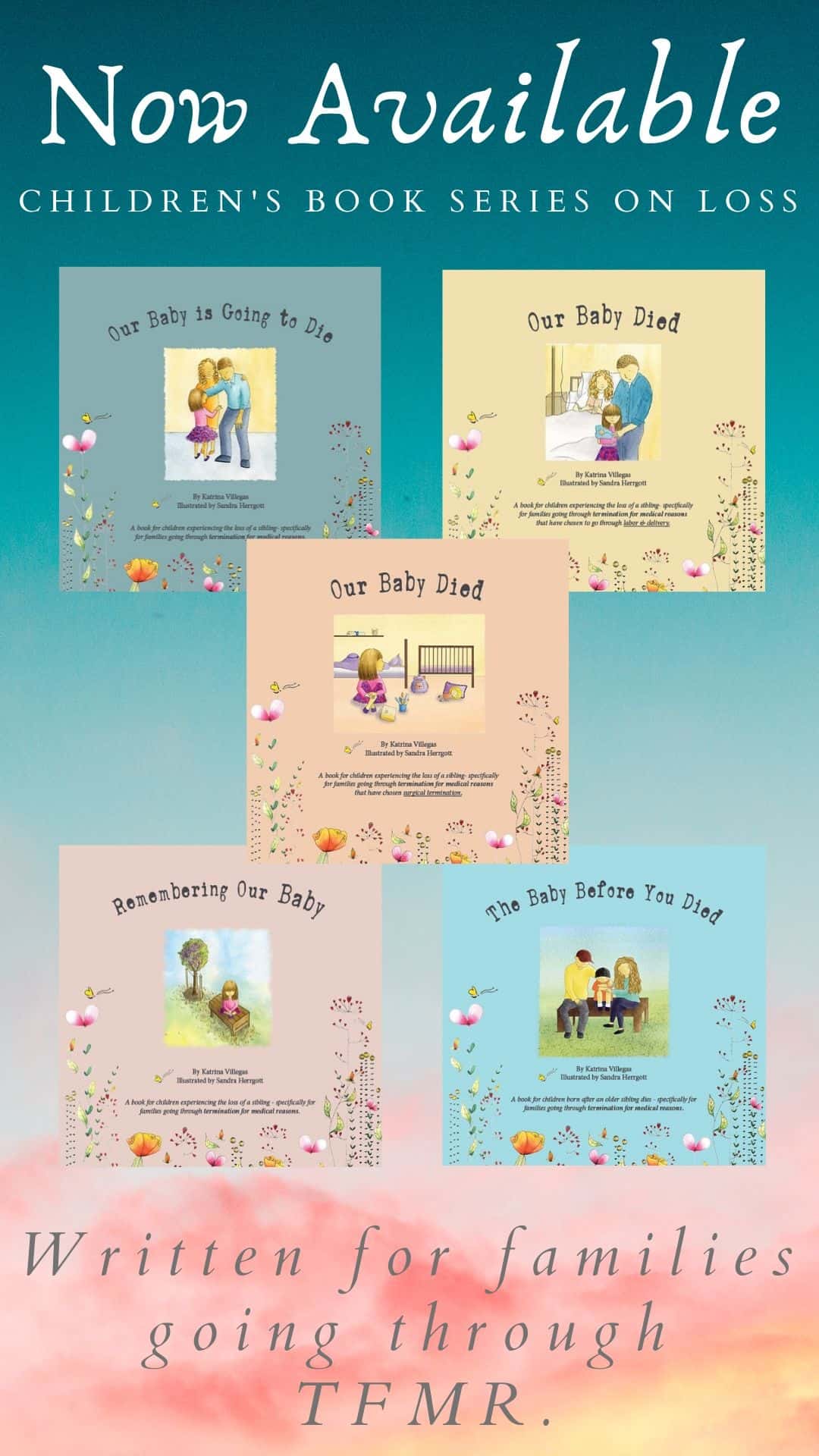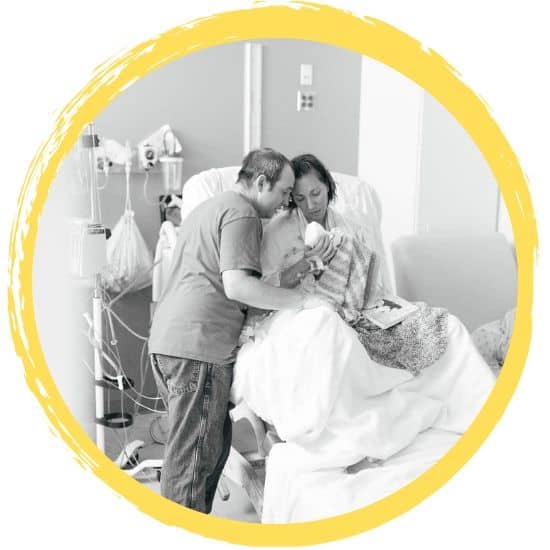
We have a fabulous guest post from Team Cartwright on what to do if you are on the sideline of grief. Kimberly speaks from her experience walking along side my journey with April Rey.
Life isn’t fair. We all know that.
Bad people get away with things they shouldn’t. Good people suffer unnecessarily. Tragedy happens for no reason whatsoever, just chance.
Life is beautiful, but sometimes it is just hard. It’s hard enough when something unspeakable happens to us.
Then there are the times when life throws something at our friends or family, something tragic, something just so sad. Something we can’t fix.
You find yourself in a jumble of feelings, scared, unsure what to do or what to say, and just at a loss.
What do you do when you find yourself standing on the sideline of grief?
This is what I was left wondering when my friend Katrina shared April Rey’s story with us.
I was so excited for her when she announced her pregnancy. She was so happy. Then when the news started rolling in that there were concerns, then fears, then the sad truth of the situation.
Technically this had nothing to do with me. I mean, I live across the country from Katrina.
We have never even met in person. But I do consider her a friend, and I was hurting for her and her family.
There was more than that though. I felt guilty and helpless. I knew I wanted to help, but I wasn’t sure how. I think there are a few key points to focus on.
Find concrete things to help.
When crisis strikes there are a ton of decisions to be made.
Asking ‘What can I do to help?’ can sometimes put more of a burden on your friend.
I know, I know, that is not at all what you meant or are trying to do.
And I am not trying to make anyone feel bad.
But take a minute and think about what you can do. Can you drop off dinner? Can you babysit? Can you stop by and run a load of laundry?
Find something that you can do that is a concrete thing. Even from a distance, there is often something that can be done.
Katrina is a blog friend, so I offered to write a guest post so she would have content without work.
Is it a huge thing to do? No. It isn’t going to change anything.
Sometimes the best ways to help aren’t life changing. They might only take you a few minutes, which doesn’t feel like enough. And it might not even be hard. (Seriously, I sat down and typed on my computer. I didn’t even have to leave my house.)
But when you are in crisis mode the little things slip by, and at some point, those little things need to be attended to. By taking care of the easy things you are freeing up your friend to focus on what matters most.
Listen first. Then listen second. Finally, listen again.
Even if you are just listening to silence. There are times in life to talk, to share your feelings, to dissect everything. Now might not be that time.
You are allowed to have your feelings. And you should share them if you need to, just not with the person in the heart of the storm.
Share with your partner, an uninvolved friend, your journal. When you are with your friend, it is about them.
And whatever crisis is happening, it isn’t happening to you, and they aren’t your decisions to make.
If we are being honest I might not have made the same decisions Katrina and her family made in the same situation. But that doesn’t matter. This isn’t about me, it’s about her.
Sure, if your friend is doing something dangerous you should speak up to someone.
And if what your friend is doing is completely against your morals and belief system you might need to take a step back.
But I have found in most cases like this, the gray seeps through everything. It isn’t a right or wrong, black or white situation.
As an outsider, we don’t have all the information. Even if what is happening falls outside your belief system, this is your friend.
If you feel that much differently than she does, she probably already knows. Would you want her butting into your crisis preaching at you? I didn’t think so.
Don’t disappear.
It’s easy to do, and it usually is not intentional. It’s just, well, your life keeps moving, even though your friend’s has stopped.
I read an interesting explanation in a book about pain I read several years ago that I think applies here. People lose interest in hearing about their friend’s pain long term.
This is because to the non-sufferer, the complaints are the same every day. You become inured to it.
We all know it is hard to stay interested in the same old same old. But to the person suffering, it is new every day. It is interesting and current. This is the same situation.
When a friend is in crisis it is easy to be there for the first few days. But as they work through decisions and time stretches on, it’s easy to fall back to your own life.
This doesn’t make you a bad person, it just makes you normal. You have your own daily issues to deal with. But when you are on day whatever of your friend’s crisis and have adjusted to a new normal, they are still on day one.
I can’t speak from experience, but I imagine that every day knowing that you are going to lose your child is day one all over again.
So make a note to reach out to your friend. An email, a text, a call. Pain and loss are isolating. You don’t need to have the perfect words to say. Just be there.
And finally, it is okay to work through your own feelings.
I feel a little funny admitting how much April Rey impacted me. I almost feel selfish because I was upset.
Nothing was happening to me, what right do I have to feel sad? Well, all the right in the world.
Even if we are on the sidelines we are impacted by what is happening. It is normal to feel all kinds of things. Sadness, hurt, anger.
I often found myself feeling guilty. I would be frustrated about something my kids were doing and feel a pang of grief myself.
At least I had my children here with me. I think these feelings are normal. And it is important to remember that you didn’t do this.
Your good fortune didn’t somehow use up what should have gone to your friend.
Feeling sad, feeling anything when your friend is hurting just means you are human.
That is empathy, and as hard as it can be, it is a good thing.
That empathy will help you be there for the ones you care about.
I wish I could protect my friends and family from everything bad in the world. We all do. But we can’t. Being on the sideline of grief isn’t easy. All we can do is be there to listen, to support, and to love.
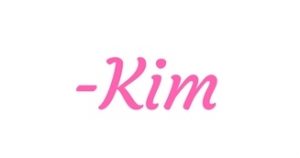
Kim is a mother of three- a 4-year-old son and 19-month-old twin daughters. She blogs at Team-Cartwright.com and Simple Blog Taxes. You can follow her on Facebook and Pinterest.
